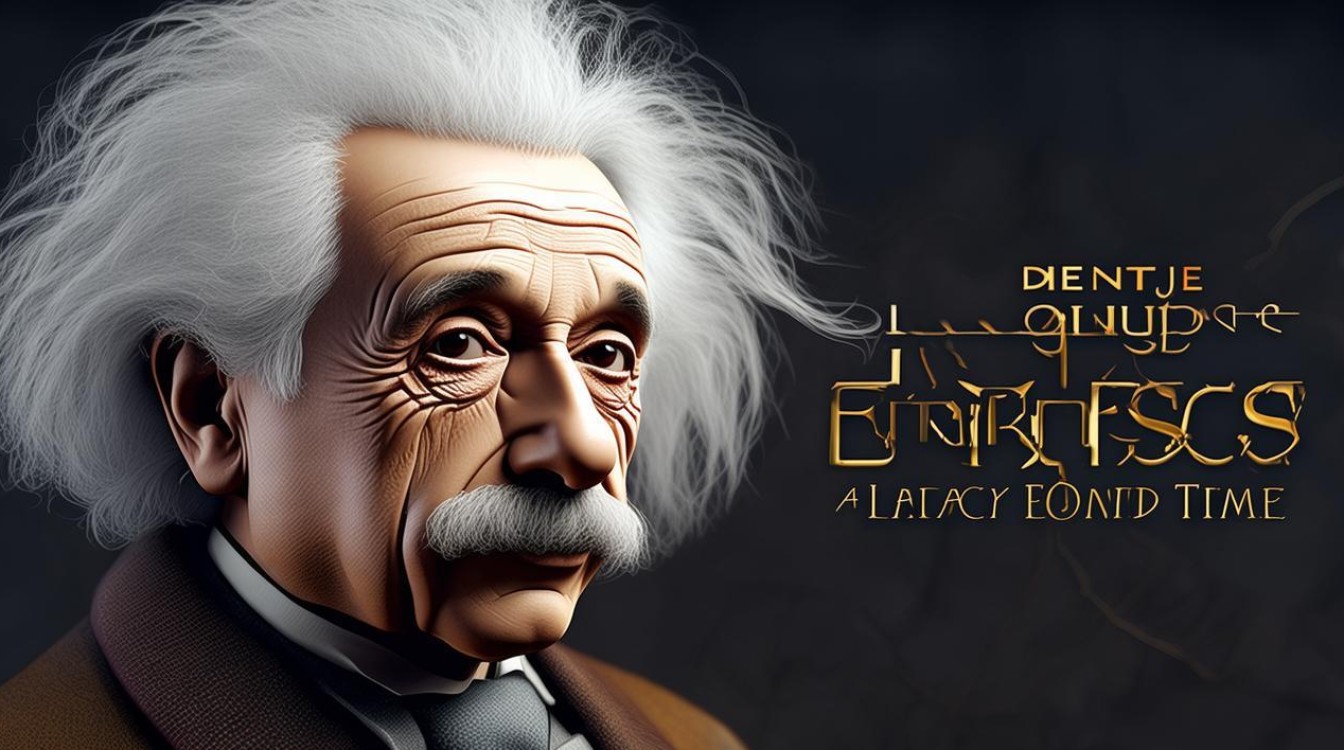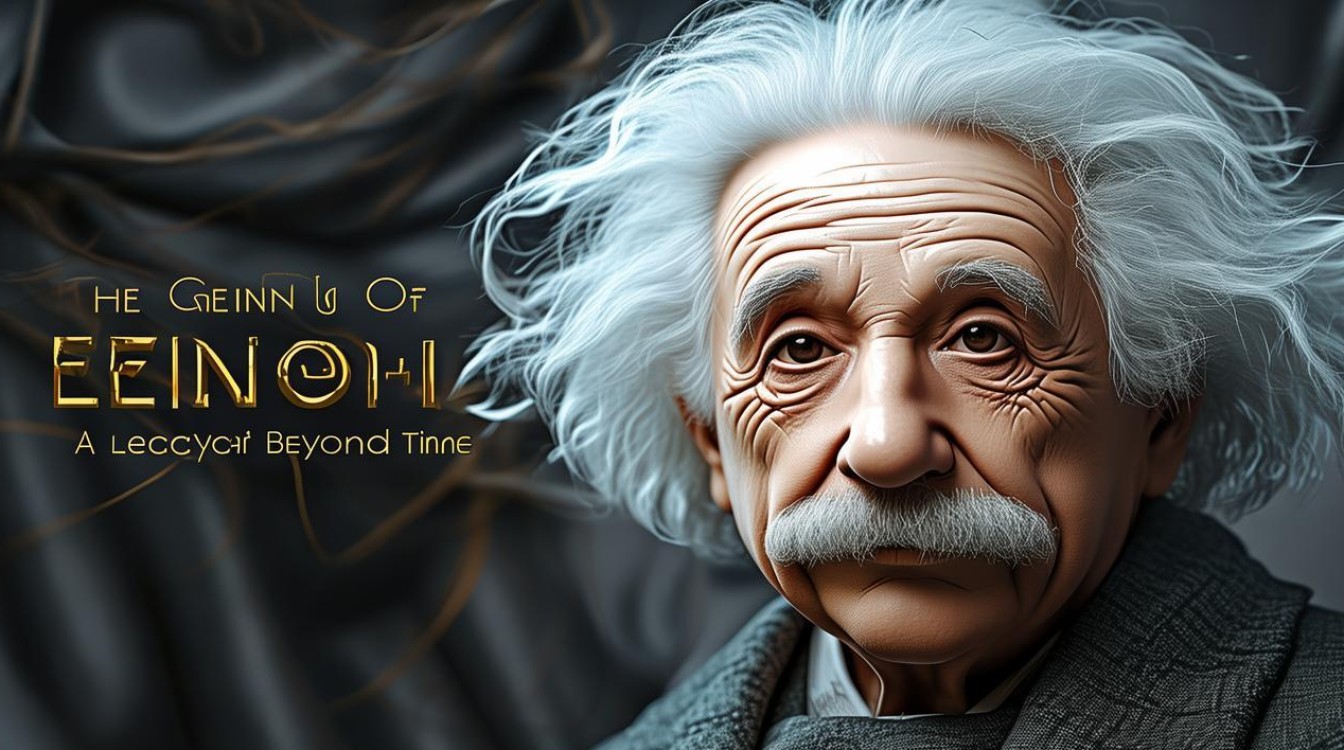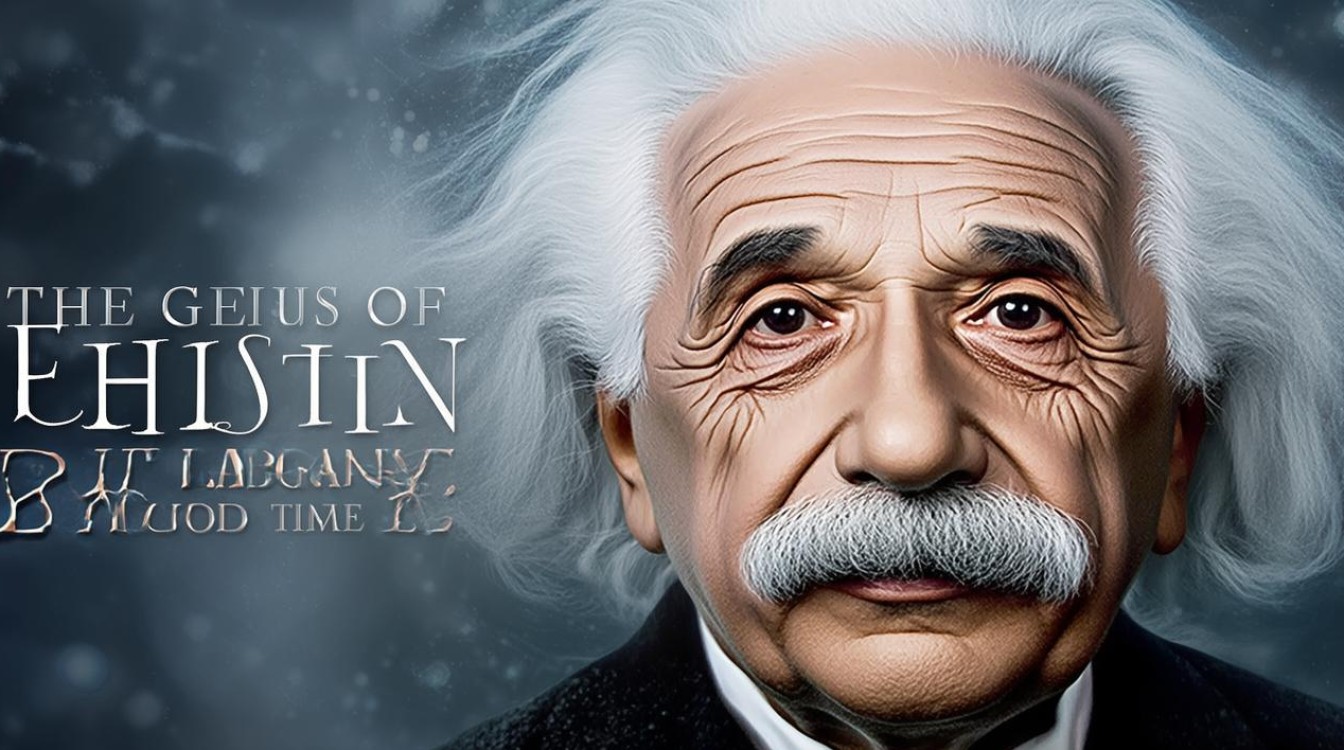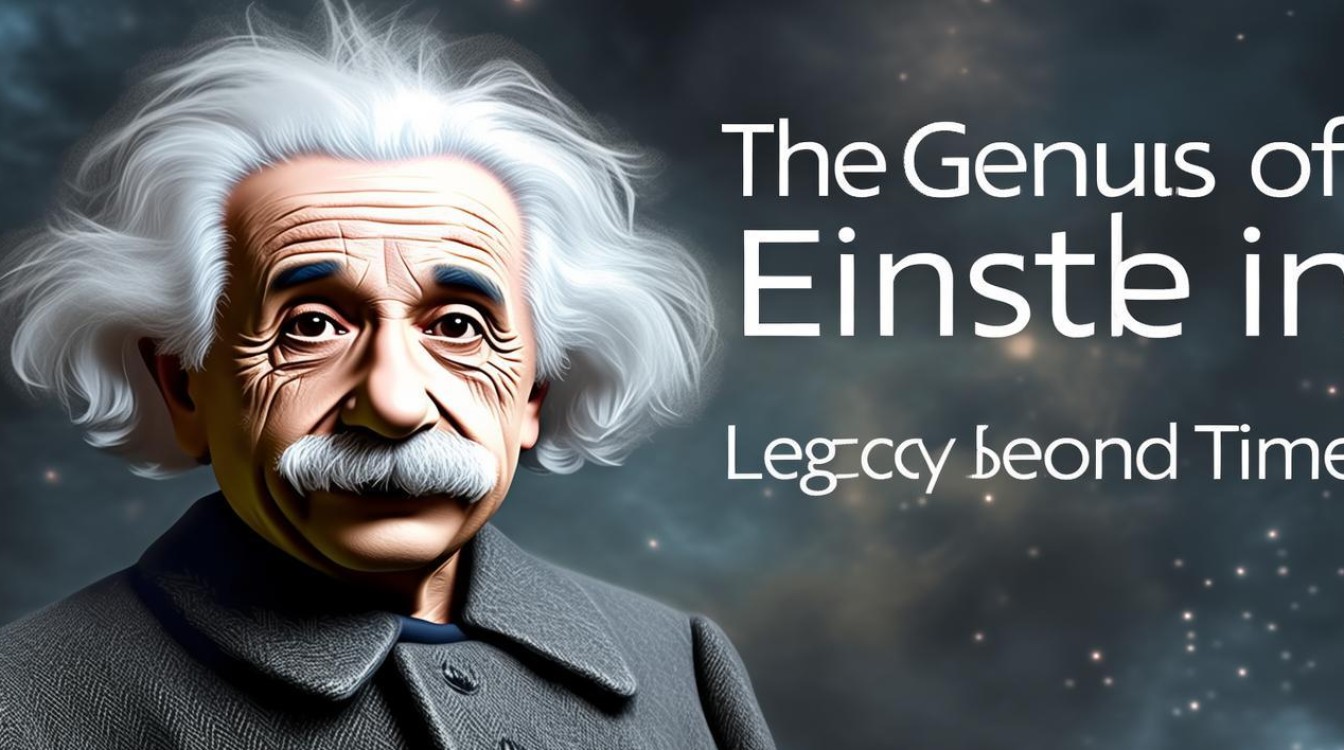Albert Einstein remains one of the most influential figures in modern science. His contributions to physics revolutionized our understanding of the universe, and his name has become synonymous with genius. For students and enthusiasts exploring his life and work, writing an English essay about Einstein offers a chance to delve into his extraordinary mind. This article explores key aspects of his legacy, providing insights for crafting a compelling composition.

Early Life and Education
Born in 1879 in Ulm, Germany, Einstein displayed curiosity from a young age. Though he struggled with traditional schooling methods, his fascination with mathematics and physics was evident. At 16, he imagined chasing a beam of light—a thought experiment that later shaped his theories.
After studying at the Swiss Federal Polytechnic in Zurich, Einstein worked as a patent examiner. This period allowed him to develop groundbreaking ideas in his spare time. His 1905 "Miracle Year" produced four pivotal papers, including the theory of special relativity and the famous equation E=mc². These works laid the foundation for modern physics.
Scientific Breakthroughs
Einstein’s theories transformed scientific thought. Special relativity introduced the concept that time and space are interconnected, challenging Newtonian physics. General relativity, published in 1915, described gravity as the curvature of spacetime, a radical idea confirmed during the 1919 solar eclipse.

His work on the photoelectric effect earned him the 1921 Nobel Prize in Physics. By proposing that light behaves as both particles and waves, Einstein contributed to quantum theory—though he famously debated its probabilistic nature with Niels Bohr.
Humanitarian and Philosophical Views
Beyond science, Einstein was a passionate advocate for peace, civil rights, and education. Fleeing Nazi Germany in 1933, he settled in the U.S., where he warned President Roosevelt about nuclear weapons, later regretting their use in war. His letters and speeches emphasized global cooperation, stating, "Peace cannot be kept by force; it can only be achieved by understanding."
Einstein’s philosophical reflections on religion, ethics, and human creativity reveal a deep thinker. He described his awe of the universe as a "cosmic religious feeling," blending science with spirituality.

Writing an English Essay on Einstein
When composing an essay, focus on clarity and originality. Begin with an engaging introduction—perhaps a quote or a bold statement about his impact. Structure the body around key themes:
- Scientific Contributions – Explain relativity, quantum theory, or his Nobel-winning work.
- Personal Struggles and Triumphs – Discuss his early challenges or his refugee experience.
- Broader Influence – Analyze his views on education, pacifism, or philosophy.
Use reputable sources like academic journals or biographies to ensure accuracy. Avoid clichés; instead, highlight lesser-known facts, such as his love for music or his humorous side.
Einstein’s legacy endures because he redefined possibility. His curiosity and perseverance remind us that imagination fuels progress. Whether exploring his science or his humanity, writing about Einstein invites readers to ponder the mysteries he sought to unravel—and the questions still unanswered.

His words resonate: "The important thing is not to stop questioning." In studying Einstein, we honor not just a scientist, but a timeless symbol of intellectual courage.

